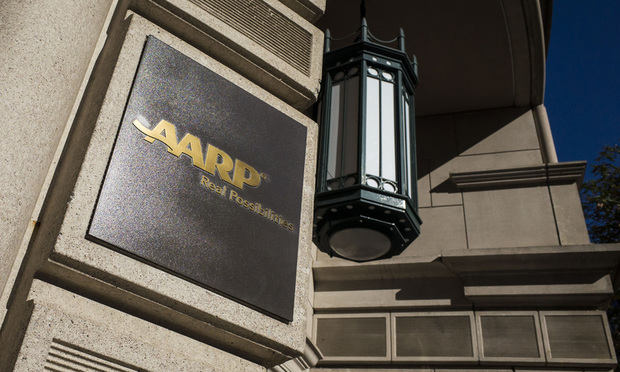Read more: Anthem, Cigna and Macy’s Sued Over Wellness Plan
Bates’s decision granted the AARP’s motion for summary judgment against the EEOC rule. But Bates declined to vacate the rule entirely out of concern for “significant disruptive consequences.”
If the rule were vacated, Bates said, employees who’ve already received wellness program incentives “would presumably be obligated to pay these back,” while employers who effectively imposed a penalty on nonparticipating employees “would likewise be obligated to repay to employees the cost of the penalty.”
Protected health care information that was already disclosed to companies “cannot be made confidential again,” Bates said.
“It is far from clear that it would be possible to restore the status quo ante if the rules were vacated; rather, it may well end up punishing those firms—and employees—who acted in reliance on the rules,” Bates wrote.
This report was updated with comment about the ruling.
This content has been archived. It is available through our partners, LexisNexis® and Bloomberg Law.
To view this content, please continue to their sites.
Not a Lexis Subscriber?
Subscribe Now
Not a Bloomberg Law Subscriber?
Subscribe Now
LexisNexis® and Bloomberg Law are third party online distributors of the broad collection of current and archived versions of ALM's legal news publications. LexisNexis® and Bloomberg Law customers are able to access and use ALM's content, including content from the National Law Journal, The American Lawyer, Legaltech News, The New York Law Journal, and Corporate Counsel, as well as other sources of legal information.
For questions call 1-877-256-2472 or contact us at [email protected]





